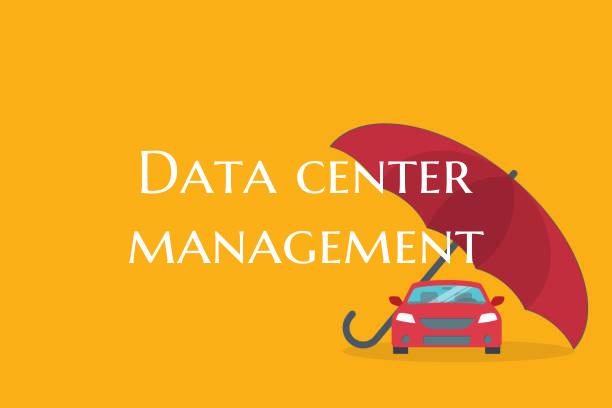Data center management
In today's technology-driven world, data centers play a crucial role in ensuring the smooth operation of various digital services and applications. Efficient data center management is essential for optimizing performance, maintaining reliability, and ensuring cost-effectiveness. By implementing the right strategies and best practices, organizations can enhance the efficiency and effectiveness of their data centers.
1. Regular Monitoring and Maintenance: Ongoing monitoring of data center infrastructure, including servers, storage, networking equipment, and cooling systems, is essential to identify potential issues before they escalate. Regular maintenance tasks such as equipment inspections, firmware updates, and cleaning help prevent downtime and ensure optimal performance.
2. Capacity Planning: Proper capacity planning is vital for efficient data center management. By forecasting future growth and resource requirements, organizations can optimize resource utilization, prevent overloading, and avoid unnecessary expenses. Deploying scalable infrastructure allows for flexibility and adaptability to changing demands.
3. Energy Efficiency: Data centers consume a significant amount of energy, making energy efficiency a key consideration for effective management. Implementing energy-saving measures such as using energy-efficient hardware, optimizing cooling systems, and adopting best practices for power distribution can help reduce operational costs and minimize environmental impact.
4. Security and Compliance: Data security is a top priority for data center management. Implementing robust security measures, including access controls, encryption, and intrusion detection systems, is essential to protect sensitive information from unauthorized access and cyber threats. Compliance with industry regulations and standards is also crucial to ensure data integrity and regulatory adherence.
5. Disaster Recovery and Business Continuity: Planning for unexpected events is a critical aspect of data center management. Developing a comprehensive disaster recovery plan that includes data backups, redundant systems, and failover mechanisms helps mitigate the impact of unforeseen disasters and ensures business continuity in the event of downtime or system failures.
6. Automation and Monitoring Tools: Leveraging automation tools and monitoring systems can streamline data center management tasks, improve efficiency, and enhance visibility into infrastructure performance. Automated provisioning, configuration management, and real-time monitoring help identify issues proactively and expedite resolution.
7. Documentation and Documentation: Maintaining accurate documentation of data center infrastructure, including hardware configurations, network layouts, and operational procedures, is essential for effective management. Clear documentation helps streamline troubleshooting, facilitate knowledge transfer, and ensure consistency in operations.
By implementing these efficient data center management strategies, organizations can optimize performance, enhance reliability, and achieve cost savings. Continual evaluation and improvement of data center operations are crucial to meet the evolving needs of the business and maintain a competitive edge in today's fast-paced digital landscape.
